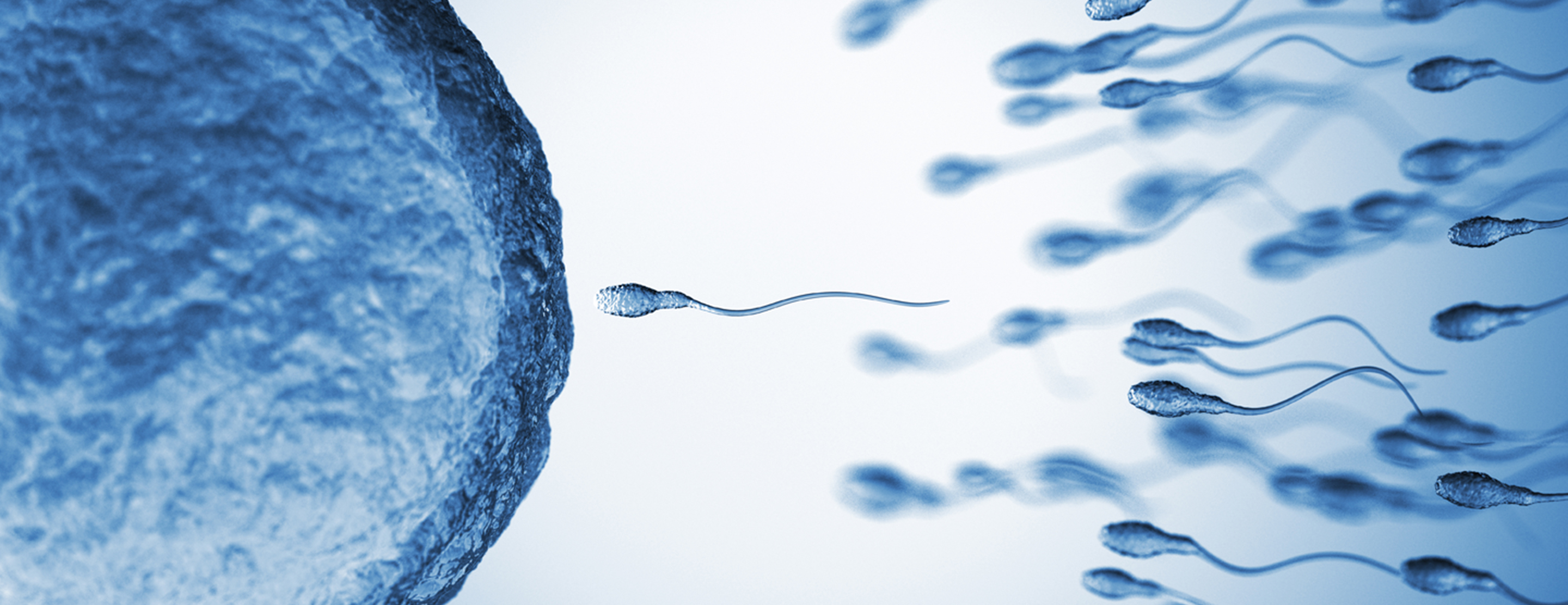Higher pregnancy rates than natural process of conception!
Intrauterine Insemination is a form of artificial insemination used in fertility treatments. In this procedure concentrated sperm is placed in the uterus almost at the same time as the ovary releases the egg. This makes the trip for the sperm to fertilize the egg shorter and bypasses any possible obstructions thereby increasing the chances of pregnancy.
Our fertility experts may suggest IUI as an initial form of treatment in the following cases
- Unexplained infertility i.e. when the cause of infertility is unknown
- Women with mild Endometriosis
- Women with unreceptive cervical mucus. In such cases the mucus surrounding the cervix is hostile and does not allow the sperm to move to the uterus. This can be overcome using IUI wherein the sperm is directly placed in the uterus.
- Women who want to conceive using donor sperm
PROCEDURE
The procedure may be performed with or without using fertility drugs. In case no fertility drugs are used then IUI is normally done between Day 12 to Day 16 of your monthly cycle (assuming Day 1 to be the first day of menstruation). Blood and urine tests are done to check when you would ovulate. In some cases, fertility drugs are given to stimulate ovulation. In such cases, vaginal ultrasounds are used to track the maturity of eggs. A hormone injection is given to stimulate the release of the egg on maturity. Sperm is inseminated into the uterus at the time of ovulation, usually 24-36 hours when there is a rise in the level of LH (Luteinising Hormone) indicating that ovulation will occur. The sperm is collected from the male partner and is ‘washed’ to separate the sperm from the seminal fluid. Washing also improves the chances of fertilization by removing chemicals from the semen that may cause irritation within the uterus. The fertility specialist then places the sperm into a catheter (a thin tube) and introduces it into the uterus through the vagina and cervix. Though it is a painless procedure that takes only a few minutes, some women might experience cramping or light bleeding afterwards. You might be asked to rest for 15-45 minutes after the procedure in order for the sperm to do its work. Then you may carry on with your normal activities.
Limitations Of IUIIUI is not recommended in the following cases
- Severe damage to fallopian tubes such as those caused due to infection
- Block in fallopian tubes
- Severe endometriosis
- Poor quality of sperm or eggs
- Increased maternal age
The success rates largely depend on the age of the female partner as well as the cause and severity of infertility. It is observed that success rates may improve if the procedure is repeated three – six times. The pregnancy rates from IUI are much lesser when compared to other advanced techniques but it is less invasive with fewer side effects. Hence your fertility specialist may suggest this as an initial form of treatment for infertility.



